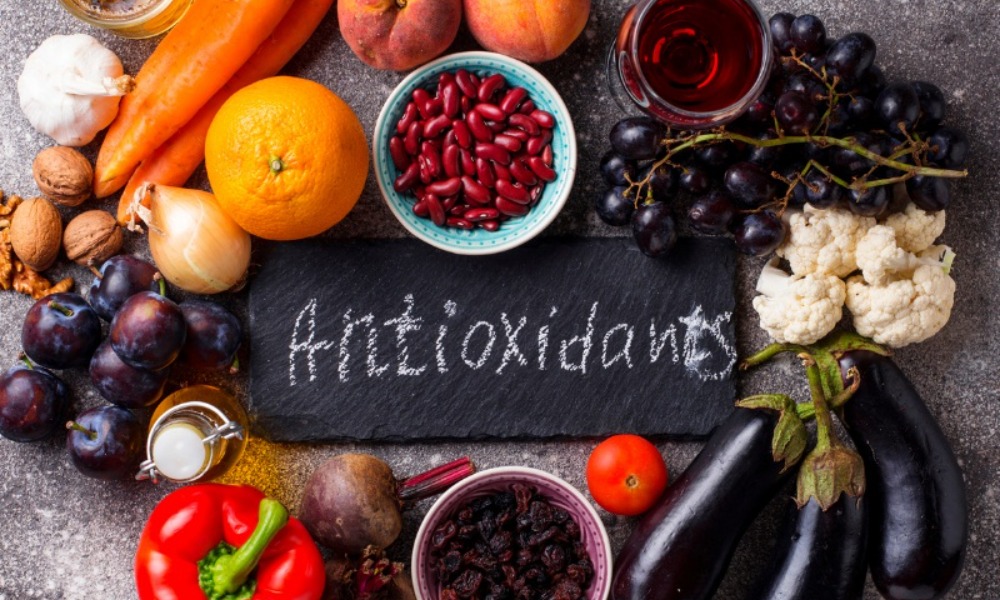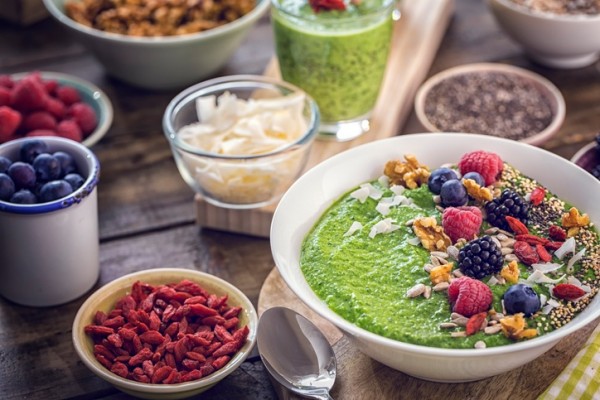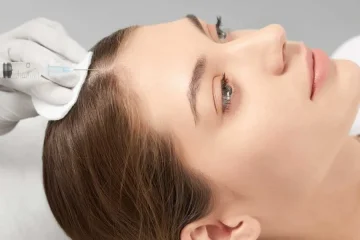The Role of Antioxidants in Combating Age-Related Cellular Damage

As we age, our bodies undergo numerous changes, including oxidative stress. Oxidative stress is a process in which our cells are damaged due to the accumulation of free radicals. Free radicals are unstable molecules that can cause damage to our cells, leading to the development of various age-related diseases such as cancer, Alzheimer’s disease, and heart disease.
Antioxidants are compounds that help to combat oxidative stress by neutralizing free radicals. They work by donating an electron to the free radical, thereby stabilizing it and preventing it from causing damage to our cells. Antioxidants are found in a variety of foods, including fruits, vegetables, nuts, and seeds.
Types of Antioxidants

There are several different types of antioxidants, each with its own unique properties. Some of the most common types of antioxidants include:
- Vitamin C: Found in citrus fruits, strawberries, bell peppers, and broccoli, vitamin C is a powerful antioxidant that helps to protect our cells from damage.
- Vitamin E: Found in nuts, seeds, and vegetable oils, vitamin E is a fat-soluble antioxidant that helps to protect our cell membranes from damage.
- Carotenoids: Found in colorful fruits and vegetables such as carrots, sweet potatoes, and tomatoes, carotenoids are antioxidants that help to protect our cells from damage caused by UV radiation.
- Flavonoids: Found in fruits, vegetables, and tea, flavonoids are antioxidants that help to protect our cells from damage caused by inflammation.
The Benefits of Antioxidants
Consuming a diet rich in antioxidants can have numerous health benefits. Some of the most notable benefits of antioxidants include:
- Reduced Risk of Chronic Disease: Antioxidants help to protect our cells from damage, which can reduce our risk of developing chronic diseases such as cancer, Alzheimer’s disease, and heart disease.
- Improved Immune Function: Antioxidants can help to improve our immune function by protecting our immune cells from damage and helping to fight off infections.
- Reduced Inflammation: Antioxidants can help to reduce inflammation in our bodies, which can reduce our risk of developing chronic diseases such as arthritis and diabetes.
- Improved Skin Health: Antioxidants can help to improve our skin health by protecting our skin cells from damage caused by UV radiation.
How to Get More Antioxidants in Your Diet

There are several ways to get more antioxidants in your diet. Some of the best sources of antioxidants include:
- Fruits and Vegetables: Aim to consume a variety of colorful fruits and vegetables every day to ensure you are getting a range of different antioxidants.
- Nuts and Seeds: Nuts and seeds are a great source of vitamin E and other antioxidants.
- Tea: Drinking tea, particularly green tea, can provide your body with a range of different antioxidants.
- Supplements: If you are unable to get enough antioxidants from your diet alone, you may want to consider taking an antioxidant supplement.
By consuming a diet rich in antioxidants, you can help to protect your cells from damage and reduce your risk of developing age-related diseases. So, be sure to include plenty of fruits, vegetables, nuts, and seeds in your diet to ensure you are getting enough of these important compounds.














